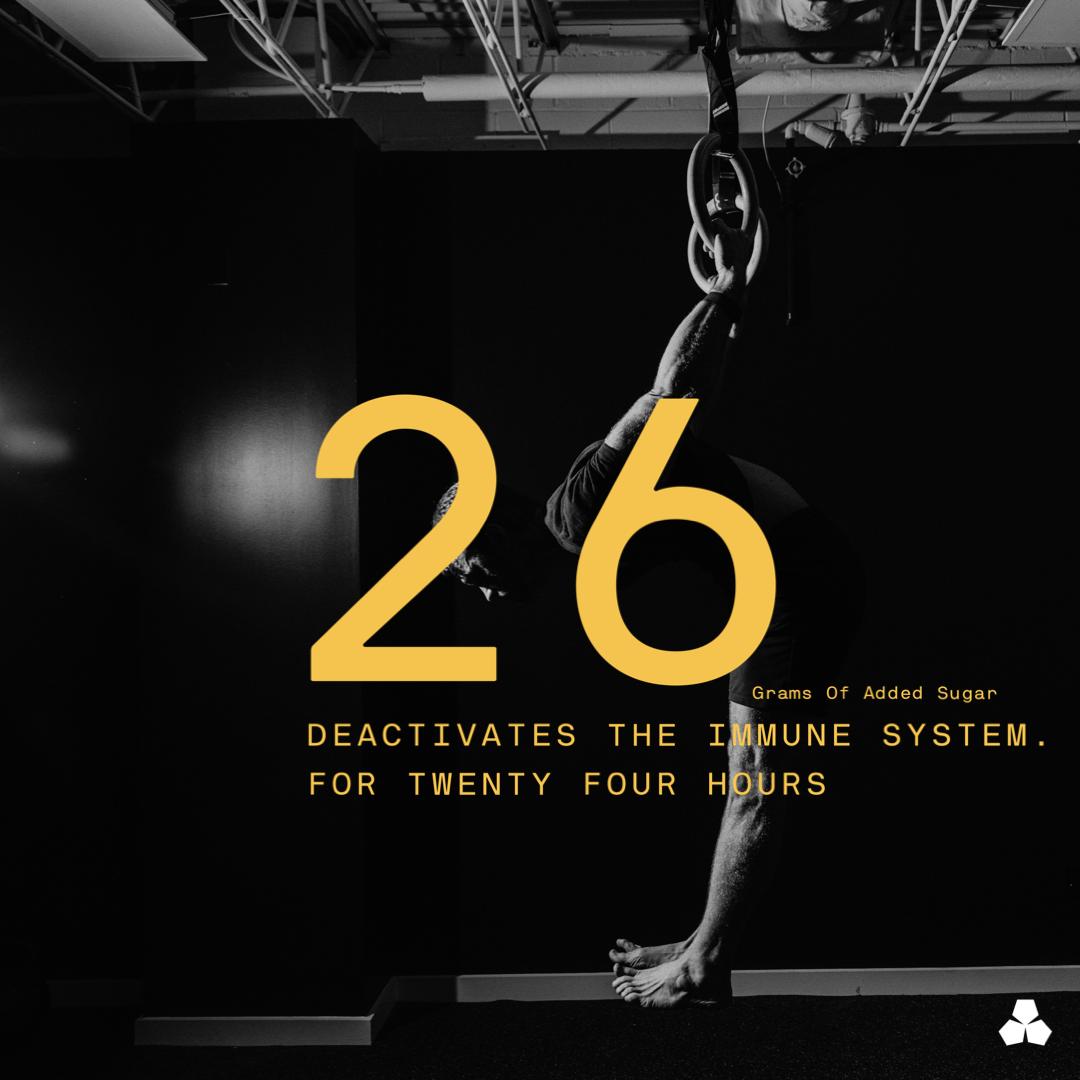Painkiller Abuse
Misuse of prescription drugs, including pain killlers, is on the rise especially among teenagers who think that prescription drugs are safer than recreational drugs. The users are not aware that there are terrible long-term effects of abusing painkillers, including dependence. Prescription painkillers are opioids that are required for severe pain. They are safe if taken as prescribed and if taken for a short time. They are powerfully addictive if taken for a long time. The active ingredient in opioids activates the opioid receptors in the brain, reducing perceived pain and producing feelings of wellbeing and calm. When they are taken in high doses they produce the same euphoric feelings that is similar to the one produced by potent heroin. The most commonly abused prescription painkillers are morphine, hydrocodone, and afentanyl, but there is a long list of other abused painkillers besides these. Usually people get the painkillers for legitimate reasons in order to manage pain during an illness or after an injury or surgery. Unfortunately, long term use may create dependency and the user keeps asking the doctor for more. The doctor generally stops prescribing when he/she realizes that the person is becoming dependent. That is when the abuser sources the painkillers from unscrupulous suppliers .People abuse painkillers without knowing the long-term effects. These drugs are prescribed and controlled because they are extremely powerful and they should be used only for a short time. Opioids are mind altering, meaning that they change the way the brain works. They make it harder for a person to feel good without taking them, and they cause intense cravings. With continued use the abuser needs larger and larger doses in order to achieve the initial euphoric effect. Some people eventually turn to heroin which is easier to find than prescription pain killers .In the short term the abuser suffers from slowed breathing, nausea and drowsiness. The biggest risk is very slow breathing and heart rate. When the painkillers react with other drugs or with alcohol the results can be deadly. People die every year from abuse of prescription painkillers. According to the National Institute on Drug Abuse, about 64,000 people died from opioid overdose in 2016 and about 2.1 million people are addicted to opioids in the United States. Anybody who has been abusing prescription painkillers for a long time will experience withdrawal symptoms when they stop using them. Withdrawal symptoms include insomnia, excessive nasal mucus, yawning, increased tear secretion, muscle aches, sweating, goosebumps, vomiting, nausea, diarrhea, restlessness, depression, anxiety, and increased risk of suicide. Because of these unpleasant withdrawal symptoms, it is better to join a supervised rehabilitation program.




